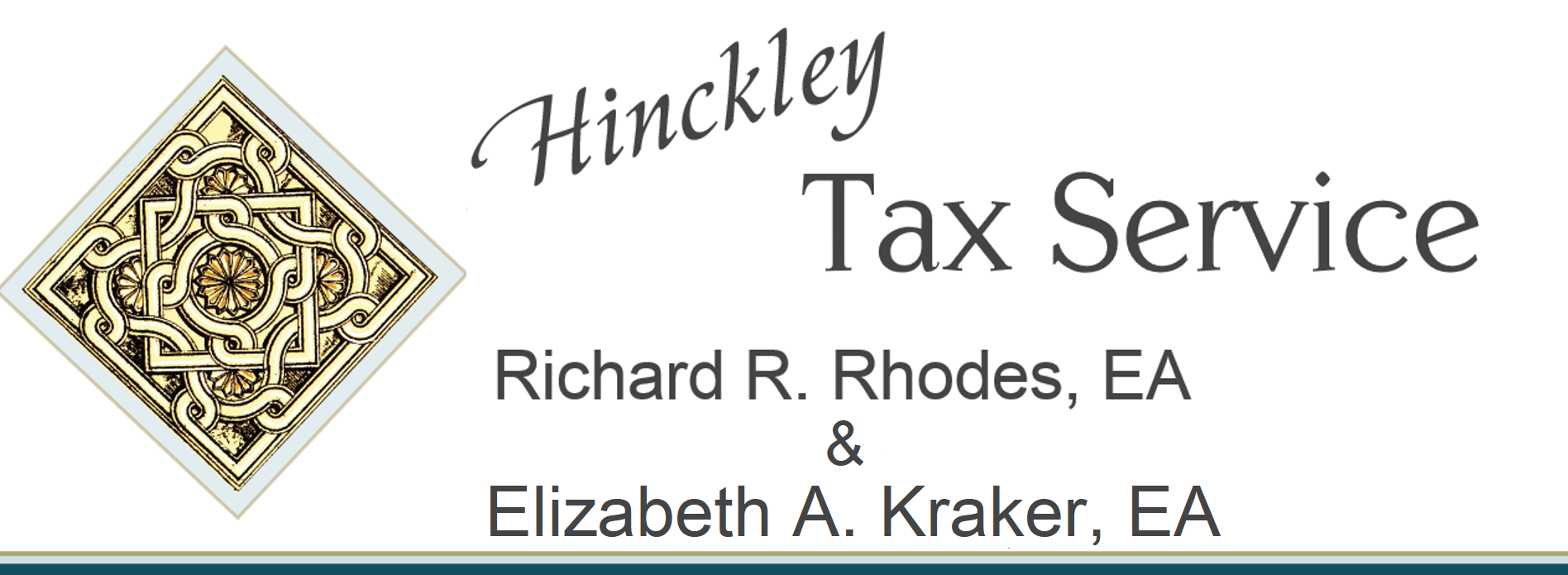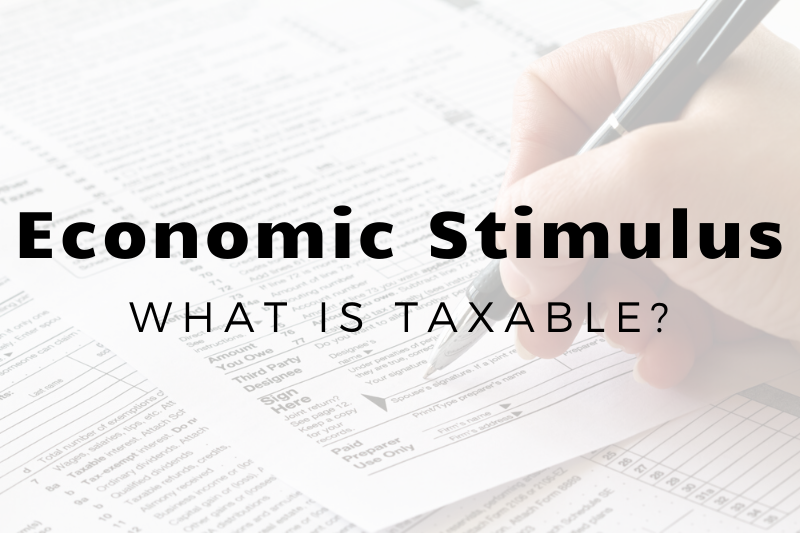All over our nation, we’re seeing pain.
It’s overwhelming, as someone who has to communicate to a broad base of Cleveland clients, to even articulate meaningful words about everything that is happening.
So … I’m just doing what I can to sit in the pain of it all with my friends, and not try to brush past it.
I don’t know much else to do, or to say, right now. I’m listening, I’m watching.
I’m pained by injustice. And I’m pained by the riots.
It’s all just … pain.
So, what can we do from here?
I’ll have to leave it to others to shine a broader path. But in the meantime, my vocation calls me to listen, to walk alongside all of my Cleveland clients, white and black, and all the others, and do my part to make their load lighter.
Which is what all of our team here at Hinckley Tax Service is committed to.
Because, well … tax returns are still due, many Cleveland families are struggling financially, and we’re still figuring out what this COVID-touched summer is going to look like.
So, speaking of taxes, I’m still getting questions about all of the government assistance that has rolled out over the past few months, and how it might affect your taxes.
Here are some answers.
Which Stimulus Payments Are Taxable (and Which Aren’t) For Cleveland Taxpayers
“Oh, my friend, it’s not what they take away from you that counts. It’s what you do with what you have left.” – Hubert Humphrey
As difficult as it might be right now, let’s project forward to next year.
Let’s cross our fingers and believe that we all get through this donkey of a year that is 2020.
Maybe you have a business that clung to life, and you’re headed towards recovery in 2021. You took the PPP, or perhaps the EIDL (or both). Or perhaps you had to take unemployment for a period of time, but are slowly (but surely) getting back on your feet. The economic stimulus checks helped.
But then … taxes are due.
Uh oh.
Well, don’t fear my friend: Rich Rhodes is here to set your mind at ease.
Let’s start with the economic stimulus payments. Those are easy — they’re completely tax-free.
But things get trickier with unemployment benefits. Those are, in fact, taxable income. Depending on your state, you can elect to have tax withheld from those payments … and if you’re currently receiving these benefits, you will need to plan to pay taxes on it (depending on your total income, and other deductions, of course).
For the students, what about student loan forgiveness? Well, it depends on how you are receiving that forgiveness assistance. Employer-paid student loan repayment assistance is tax-free through 12/31/20 (per the CARES Act). Any other student loan forgiveness programs are taxable.
I recently covered mortgage forbearance. This and other debt forbearance programs which offer suspension and forbearance on credit card, car and other consumer debt do not affect your tax situation, because the debt has not actually been forgiven (the payments are delayed). That said, if debt is forgiven, it is taxable.
Now let’s talk business.
The PPP loan is not taxable. It is a loan, after all. But what about forgiveness? Ha, that’s more interesting, because there’s still congressional and government debate on this, such that it could change. That’s because the IRS took away deductions for any expenses that are factored into forgiveness. In effect, it makes the forgiven portion of the loan to be taxable. This may yet get corrected, but that is the state of things now.
Just like the PPP, the EIDL is not taxable. There was an initial portion of this which was to be considered a grant … and the IRS has not ruled on whether it is taxable. It is said to be “rolled into the PPP” however, so unless something is clarified on that front as well (which I predict will happen), the grant portion will be taxable.
I hope all of this helps. We’re here to help you through this very difficult season. Let us know if there’s anything we can do to help.
Warmly,
Rich Rhodes
(330) 225-3928
Hinckley Tax Service
“CRISIS Action Plan” for my clients and friends:
1) Don’t marinate in other people’s panic. Be mindful of your social media consumption.
2) Continue to stay financially and logistically prepared for worsening situations.
3) Make sure you have some ready, liquid assets, if you are able. (I.e., cash in the bank, and in hand.)
4) Set aside plans for any big spending until the dust settles — but especially look out for your small business owner friends and vendors.

